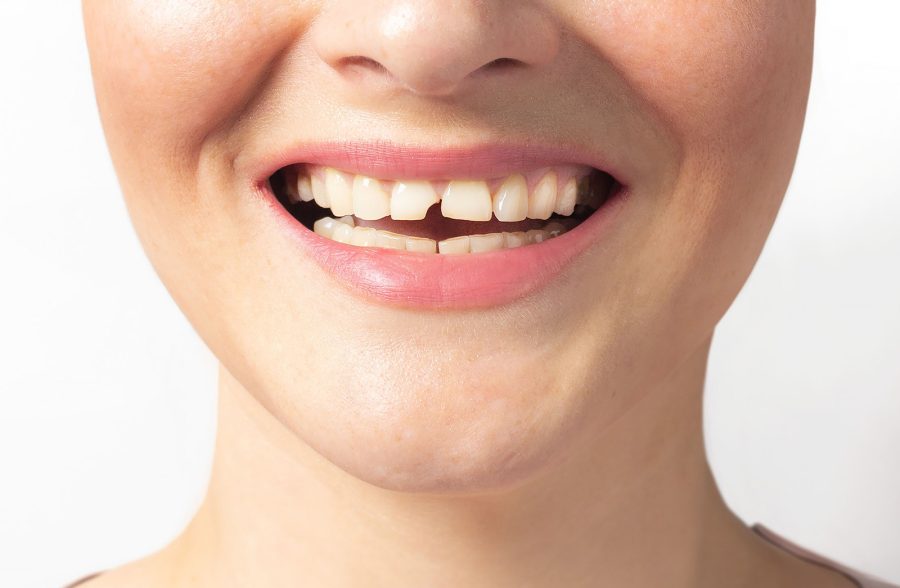Stress is caused by a whole range of factors. We may have emotional or psychological stressors in our lives, environmental stressors such as exposure to toxins or pollution, postural stress from the way we position ourselves during work, sleep or when exercising, nutritional stress from the things we consume, or oral stress from dental issues. And while our bodies are designed to handle short term stress, prolonged or chronic stress can have major health consequences.
During stressful experiences, our adrenal glands release the stress hormones adrenaline and cortisol to facilitate our nervous system’s ‘fight or flight’ response.
Stress also has serious effects for our oral health, which is also linked to our general health. Here are some of the ways stress can impact on our oral health:
Stress is linked to tooth decay due to the fact that it causes our bodies to flush out protective minerals and increase the acidic, bacteria-laden, cavity-causing environment in our mouth.
We often also increase our chances of tooth decay by the poor diet choices we make when stressed. When stressed out, we often try to alleviate our symptoms by turning to comfort foods, which are often sugary items, or we try to boost our mood artificially with alcohol or use stimulants such as caffeine or nicotine. All of these products are not only bad for our teeth in themselves, but rather than relieve stress, they ultimately worsen it by leading to increased toxicity and inflammation through our bodies and therefore amping up the physiological stress we experience.
Extensive scientific research has revealed there is a connection between gum disease and experiencing negative emotions, with the severity of the gum disease increasing as the intensity of the negative emotions increases.
Associations between stress and gum disease are thought to come about because when people become stressed, they may neglect their oral hygiene, forgetting to brush or not visiting their dentist. Because of the way chronic stress impairs your immune system, it can lead to chronically inflamed gums, which leads to gum disease. The damage to your gums that chronic stress causes can loosen up the foundations holding your teeth in place, damage the supporting bone, and result in tooth loss.
The technical term for when you grind or gnash your teeth or clench your jaws is bruxism. While there are a range of causes of bruxism, one of the causes is stress. Bruxism typically occurs when you are asleep though it can also happen when you are awake.
The signs of bruxism include sore jaw muscles, earaches, or headaches near the jaw joint, experiencing problems opening and closing the jaw, heightened sensitivity, or wearing down of the tooth enamel. When severe, bruxism can actually cause the teeth foundations to be loosened and the teeth to fall out. While stress can lead to bruxism, not all bruxism is caused by stress; some data suggests there is a genetic basis. Treatment for bruxism can involve your dentist recommending jaw exercises or prescribing a mouth guard to help protect the mouth.
When stress causes repeated clenching of your jaw, it can lead to temporomandibular (TMD) disorders which involve the joints in the gums. TMD disorders result in chronic pain and/or popping and clicking of the jaw. When not treated, TMD disorders can have a major effect on our oral health.
Stress and oral health are a vicious cycle. Experiencing stress can be the cause of many teeth, mouth, gum, or jaw problems, but experiencing oral health problems can lead to more stress which then makes the problem worse. It’s therefore crucial to deal with the sources of stress in your life before they can have a chance to impact on your oral health. And if stress has already caused oral health issues for you, it’s vital that you work with your dentist to work out how to successfully treat them and prevent further issues so that you don’t find yourself stuck in this endless cycle of stress and poor oral health.


